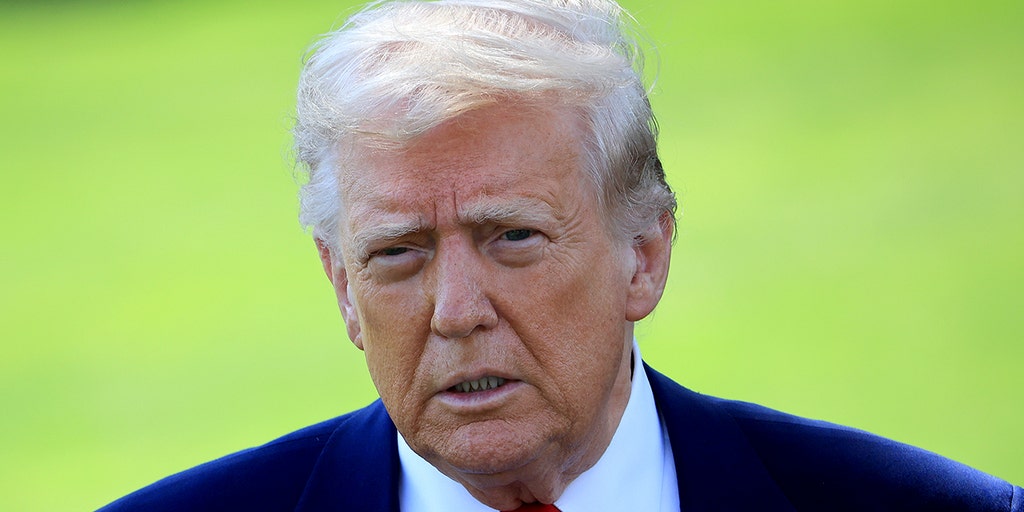Political Tensions Escalate: Trump Accuses Democrats of Misconduct, Proposes Congressional Expulsion

In a fiery social media post, President Donald Trump launched a scathing critique of Democrats, suggesting that Republicans should seriously consider a strategic move to remove Democratic lawmakers from Congress. The provocative statement, shared on his preferred platform Truth Social, reflects the ongoing political tensions and Trump's continued influence within the Republican Party.
Trump's inflammatory remarks underscore the deep partisan divide in American politics, calling for a potential political reshuffling that would dramatically alter the congressional landscape. By challenging the legitimacy of Democratic representatives, he appears to be rallying his base and maintaining his role as a controversial political provocateur.
The post is likely to spark intense debate and further polarize the already contentious political environment, highlighting the former president's undiminished ability to generate political discourse and controversy.
